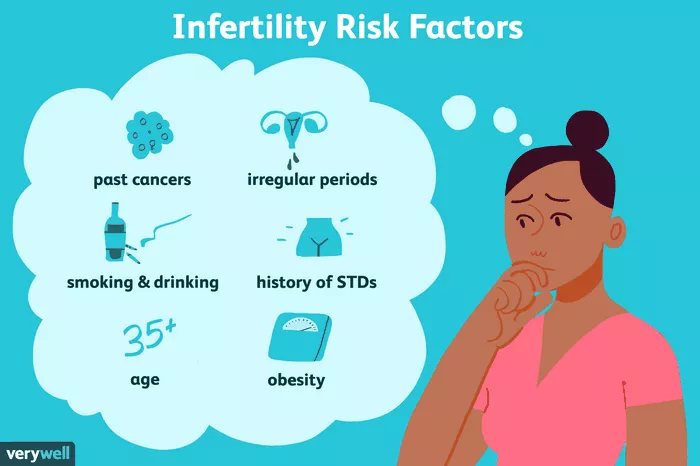Infertility can be a daunting challenge for couples hoping to start a family, and when conception remains elusive, it’s natural to seek answers. While discussions around fertility often focus on women, it’s vital to recognize that male infertility is equally significant. Let’s embark on a journey to unravel the myriad factors that can prevent a man from impregnating a woman, shedding light on this complex issue.
Hormonal Havoc: Disturbing the Harmony
Hormones orchestrate the delicate dance of fertility, and any disruption can throw off the rhythm. Conditions like hypogonadism, where the testes produce insufficient testosterone, can impair sperm production and fertility. Picture it like a malfunctioning conductor in an orchestra, causing discord among the musicians and leading to a lackluster performance.
Genetic Gambles: Unraveling the DNA Code
Genetic abnormalities can also play a significant role in male infertility. Conditions such as Klinefelter syndrome or Y chromosome deletions can affect sperm production and quality. These genetic glitches may act like typos in the blueprint of fertility, resulting in errors during the process of sperm formation.
Varicocele: The Veil of Veins
Varicocele, a common condition characterized by enlarged veins within the scrotum, can hinder fertility. It disrupts blood flow and raises the temperature in the testes, creating an unfavorable environment for sperm production. Think of it as a traffic jam on a sweltering day, impeding the smooth flow of traffic and delaying the arrival of essential cargo.
Reproductive Roadblocks: Obstructions Ahead
Obstructions within the male reproductive tract can pose significant hurdles to fertility. Conditions like epididymal or ejaculatory duct obstruction can prevent sperm from reaching their destination. These blockages may resemble detours on a highway, diverting sperm away from their intended path and hindering conception.
Lifestyle and Environmental Influences: Modern Challenges
In today’s fast-paced world, lifestyle and environmental factors can take a toll on male fertility. Habits like smoking, excessive alcohol consumption, drug use, and exposure to toxins can all affect sperm production and function. Additionally, factors like obesity, stress, and poor diet can disrupt hormonal balance and reproductive health, throwing a wrench into the gears of fertility.
Sexual Snags: Intimate Impediments
Sexual dysfunction, including erectile dysfunction and ejaculatory disorders, can also contribute to male infertility. Difficulties in achieving or maintaining an erection, as well as problems with ejaculation, can hinder the delivery of sperm to the female reproductive tract. It’s akin to encountering a roadblock on the path to intimacy, preventing the smooth progression towards conception.
Seeking Solutions: Navigating the Path Forward
While male infertility can present formidable challenges, there are paths to explore for those facing this journey. Treatment options may include hormone therapy, surgical interventions, lifestyle modifications, or assisted reproductive technologies like in vitro fertilization (IVF) or intracytoplasmic sperm injection (ICSI). Seeking guidance from healthcare professionals and fertility specialists can offer valuable support and guidance along the path to parenthood.
Conclusion:
In conclusion, male infertility can stem from a variety of factors, including hormonal imbalances, genetic abnormalities, varicoceles, reproductive tract obstructions, lifestyle and environmental influences, and sexual dysfunction. Understanding these factors is essential in navigating the complexities of male fertility and seeking appropriate interventions. By shedding light on the causes of male infertility, we can empower individuals and couples to embark on their fertility journey with hope and determination.
























